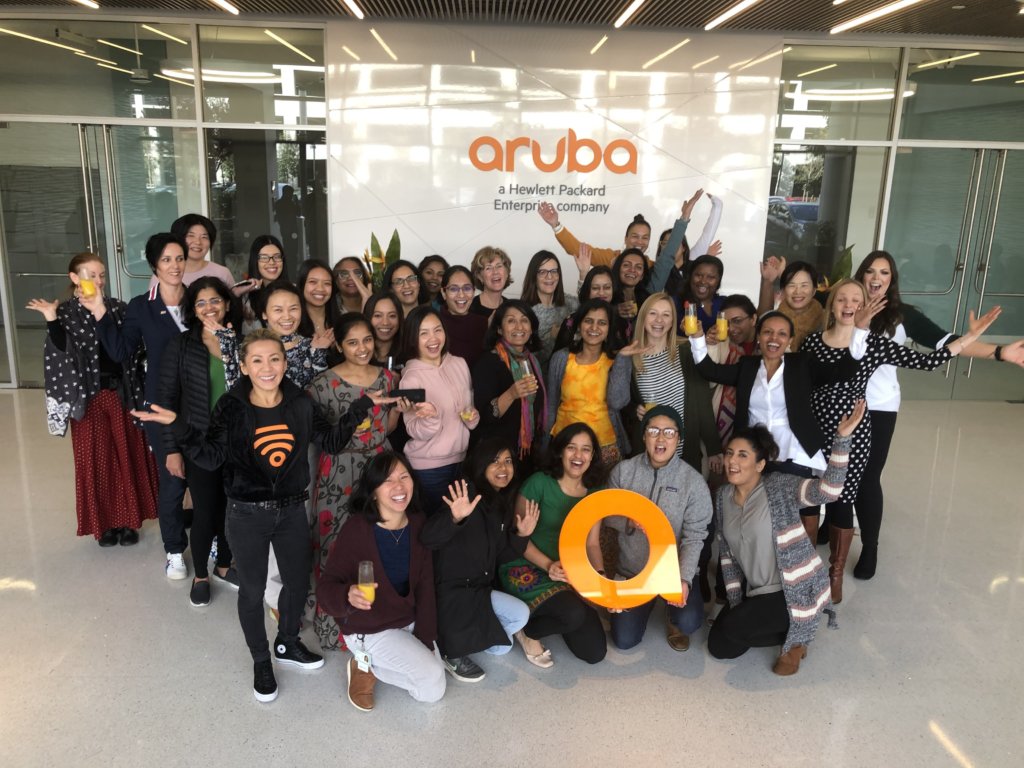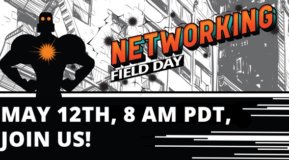
u·ni·corn
/ˈyo͞onəˌkôrn/
noun
plural noun: unicorns
- a mythical animal typically represented as a horse with a single straight horn projecting from its forehead.
- something that is highly desirable but difficult to find or obtain." an album like this is something of a unicorn"
- a privately held startup worth $1B in valuation
The Unicorn Sighting
Recently, I was told that I’m “rare.” I wasn’t sure what that meant until someone laid out the formula for me. Having grown up in Silicon Valley, I’ve always been a part of a melting pot so I never stood out…at least, not based on how I looked or on my age. “Didn’t you know, most CMOs are blonde?” I’m an Asian female working in tech. That’s not all that unusual. When you add “barely-40, CMO of a networking company,” then it becomes rare. Then when you add “who rose out of R&D” and “who was born into poverty” to that description, now we’re talking extremely rare.
A study of marketing professionals revealed that while women are the slight majority over men in marketing roles overall, men are still twice as likely to occupy senior marketing roles. In other words, even though marketing as a function is predominantly female, it’s still dominated by men at the top. And when you slice it by ethnicity, it becomes even more rare for a non-Caucasian, somewhat younger female to occupy the upper echelons of marketing in a US-based company. It wasn’t until I came into this role did I learn that I’ve become a unicorn in my industry—that mythical creature that you only see in movies or read about in fiction.
Why do unicorns exist in the workplace? We exist when there is an extreme imbalance of diversity in any class of people—whether it be based on gender, race, age, class, religion, background, sexual orientation, etc.—when compared to the general population.
Today, we celebrate International Women’s Day to support the effort to correct those extreme imbalances—to turn those mythical unicorns into everyday creatures of a truly diverse workforce.
From Rare to Common
As a unicorn in my industry, I often get approached by people who belong to other under-represented groups. And employers often ask for my insights and assistance in tackling the diversity problem. So here is the summary of my dos and don’ts:
How do we help ourselves, unicorns?
- Be confident, always—because you have super powers. We all do. Recognize what it is. Know it. Own it. Use it to help yourself and others.
- Speak up and be a beacon for others. Your uniqueness is your advantage, not your disadvantage. In this global economy, being different is better than being better. If your peers or employer don’t value what you have to offer, you can take your values and go make another company more competitive.
- Challenge status quo and be the change you want to see. Don’t accept the lame excuse that “this is just how it is.” If others won’t help you drive change, drive it yourself. Every little step or action adds to the total sum.
- Join forces with other unicorns and find your advocates. You aren’t alone and many others are in a position to help you, even if they aren’t in your direct line of management.
- Challenge the employer before you take the job. Ask them for their philosophy on all the things I highlight below. Consider what life would be like for you on the job if you don’t get a satisfactory answer.
How do you help unicorns thrive, employers?
- Peers and bosses, help us be heard. By definition, we are outnumbered. When someone talks over us, play your part in clearing the runway for us to speak. Don’t be a bystander. Show us that you value our opinion. Solicit our feedback and bring us to the table. We have a unique point of view to offer and you will be better because of it.
- Hiring managers, look beyond the resume and know how to spot diversity of thought and background in your candidates. Stop evaluating us based on a checklist of your technical criteria. Diversity can’t be expressed on paper and often times, those rare gems don’t appear as you expect. See why the best hire may not have the perfect resume.
- Make it easy for us to stay. Women (AND men) need a way to raise a family AND have a meaningful career. Get creative with your programs to keep us loyal.
- Make it easy for us to come back. When we do choose to leave and re-enter the workforce, value the learnings and experiences we can bring back. Raising a family can develop amazing skills that can’t be learned on the job.
- HR, don’t spray-and-pray diversity programs aimlessly. Though we appreciate the gestures, these programs can feel like random acts when they aren’t designed with our direct and ongoing feedback. Pick the few that will have the most impact. Less is more.

The good news: it’s rare to find someone who doesn’t want to see more diversity. Like many other tech companies, we at Aruba are on a journey to transform the employee experience and make our industry a more diverse place. But it takes all of us. It’s each of our responsibilities to be the change we want to see.
Someday, I hope that diversity is no longer a “thing.” I hope that the label of a unicorn is left to those $1B+ startup valuations rather than a class of people who are rarities that are difficult to obtain. You can make a difference. So why not?
Let’s do it for International Women’s Day and every day thereafter.




